Novati G.B., De Eminentia Deiparae Virginis Mariae, second edition, Bologna, 1639, vol. II, p. 378.
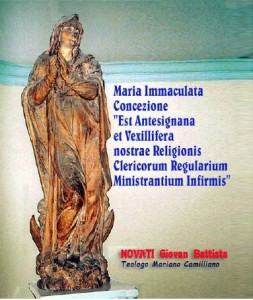 ‘Restat ut Te, o Virgo, Ducem atque Antesignanam nostram omni studio excolamus et quia sine te nihil habere possumus, omnia per Te nos habere gloriemur.
‘Restat ut Te, o Virgo, Ducem atque Antesignanam nostram omni studio excolamus et quia sine te nihil habere possumus, omnia per Te nos habere gloriemur.
Tuo itaque corda amore, ora laudibus, manus nutibus sacramus. Quotquot solo, in quo radices egit, tibi cedit nostra Religio, quae in Te radices fixit, ex te agnoscit originem. Tua est: fove, dirige, amplifica’.
‘O Virgin Mary we feel the duty and the need to acknowledge you as our Queen and our Guide; and we, not being able to obtain anything without your help, are very happy to confess that we receive everything from your hands. Thus we consecrate our affections, words and works to loving you, to praising you and to serving you. We are totally yours: like a tree belongs to the soil that makes it sprout and grow, so our religion belongs to you and recognises its origins in you, who made it be born and develop.
It is yours: you cultivate it, you direct it, you spread it. So be it’.
NOVATI Giovan Battista
A Camillian Marian Theologian
If we summarised in a few words the Marian spirituality of Camillus, in order to place its legacy in context, we could say that his personal relationship with the Mother of God was not made up of theoretical concepts but of a vital and concrete style of life, all of which was projected towards a constant uniformity with her as the ‘type’ of the first creature who was redeemed and restored to physical and spiritual integrity through the merits of Christ the Redeemer, the only Mediator between God and the creature.
This approach to Mary was therefore essential and did not remain a private and exclusive fact: in being transferred to his religious and to those who followed him with devotion, it amounted in reality an effective Marian school whose primary effect was to communicate to others his experience of Mary through the daily activities of service to sick man.
We have already seen that Camillus did not leave behind him any written text on his profound insights about the relationship that exists between Mary and the Church, which was created by Jesus as a sacrament of salvation, ‘as an entity with visible delineation through which He communicated truth and grace to all’ (LG, n. 8). He did this, however, through the witness of his life, 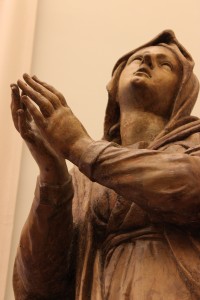 engraving this in the lives of his religious such that one can say that in the writings and the deeds of his disciples one can read Camillus’ thought about Mary and his Marian dimension.
engraving this in the lives of his religious such that one can say that in the writings and the deeds of his disciples one can read Camillus’ thought about Mary and his Marian dimension.
Two Camillian religious occupy a special position in Marian theology. The first, who lived at the same time as our saint, was Fr. Giovan Battista Novati (died 1648), who addressed the Immaculate Conception; the other, much more recent in time, was Fr. Agostino Lana (1821–1901), who dwelt on the Assumption of the Blessed Virgin.
I have already provided a short biographical sketch of Novati. Here I will comment on his direct links with the Founder in order to bring out the influence that the Master had on the disciple. We can say that Novati was the providential mind who translated into theological principles what had been perceived, experienced and taught by Camillus de Lellis.
Endowed with an uncommon intelligence, Novati wrote on ascetic, philosophical and moral theology, law, astronomy and mathematics. Many of his works have never been published. Of those that have been published, the masterpiece is De Eminentia Deiparae Virginis Mariae which made him famous and to such an extent as to make him appreciated as the ‘most famous Mariologist of the seventeenth century’.
Novati, who was esteemed by his contemporaries as ‘Vir pietatis ac erga purissimam Virginem Mariam devotissumus ac devinctissimus’, wrote this work because of his devotion and as an expression of gratitude to the Immaculate Conception of the Order which began on the day dedicated to Mary. The author hailed her as Mother, Queen, Advocate and Guide, and with tones of total trust beseeched her to remain such because the Order belonged to her like a tree belongs to the soil which makes it sprout and grow.
His work is a complete supreme work of Marian theology. From its appearance onwards it was very much appreciated and when its author was alive it was printed in a number of editions.




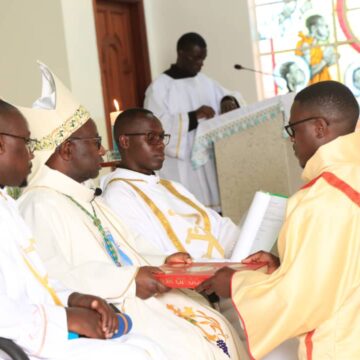

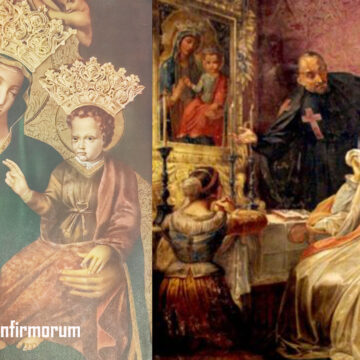

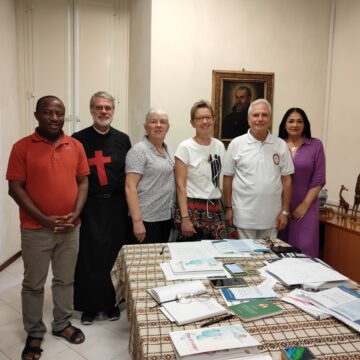

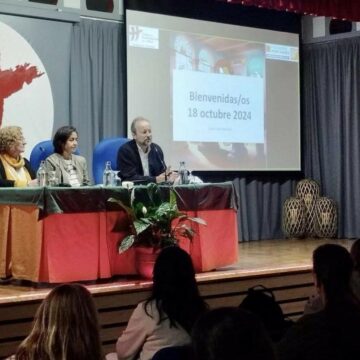

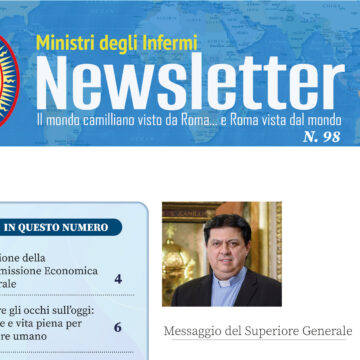
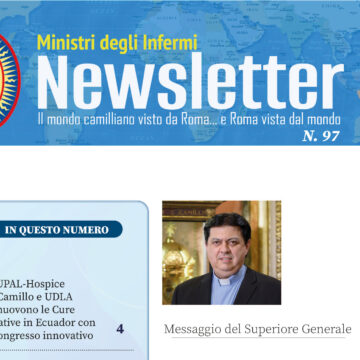
Camillians on Facebook
Camillians on Twitter
Camillians on Instagram